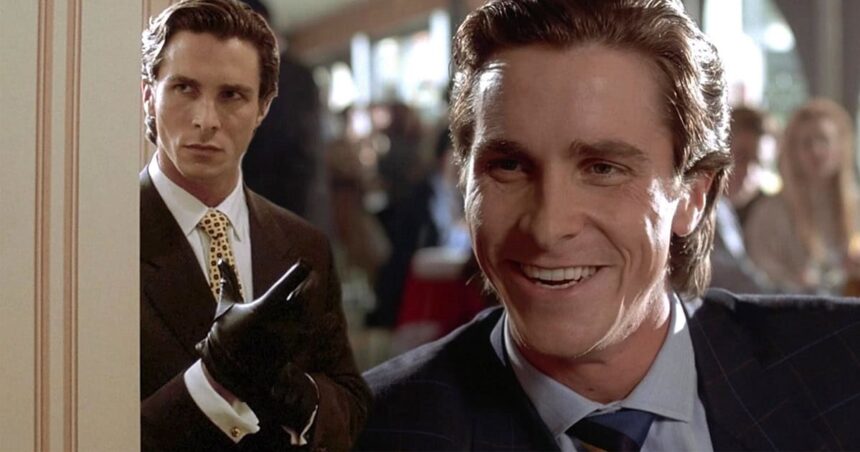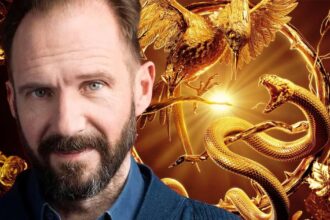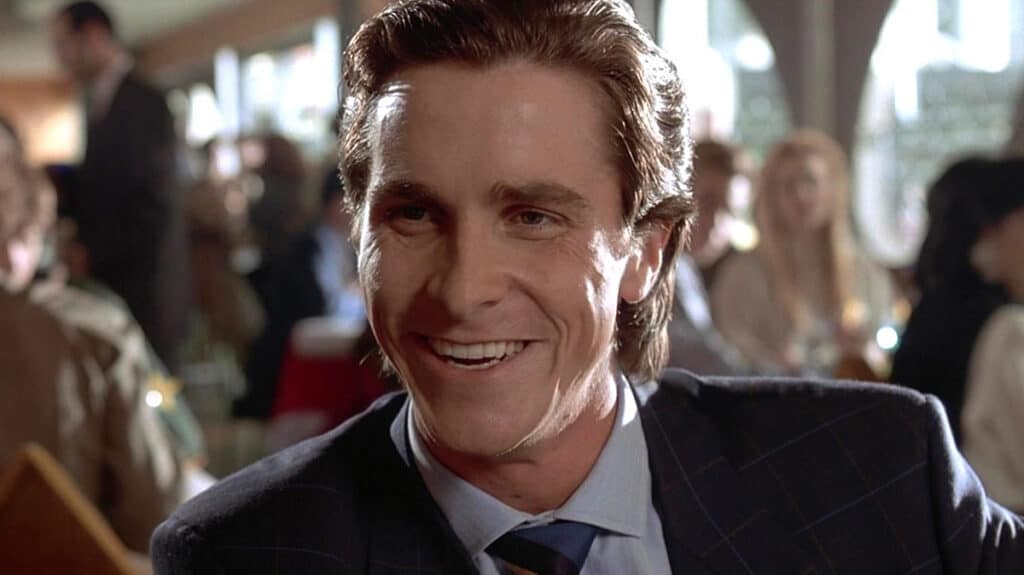
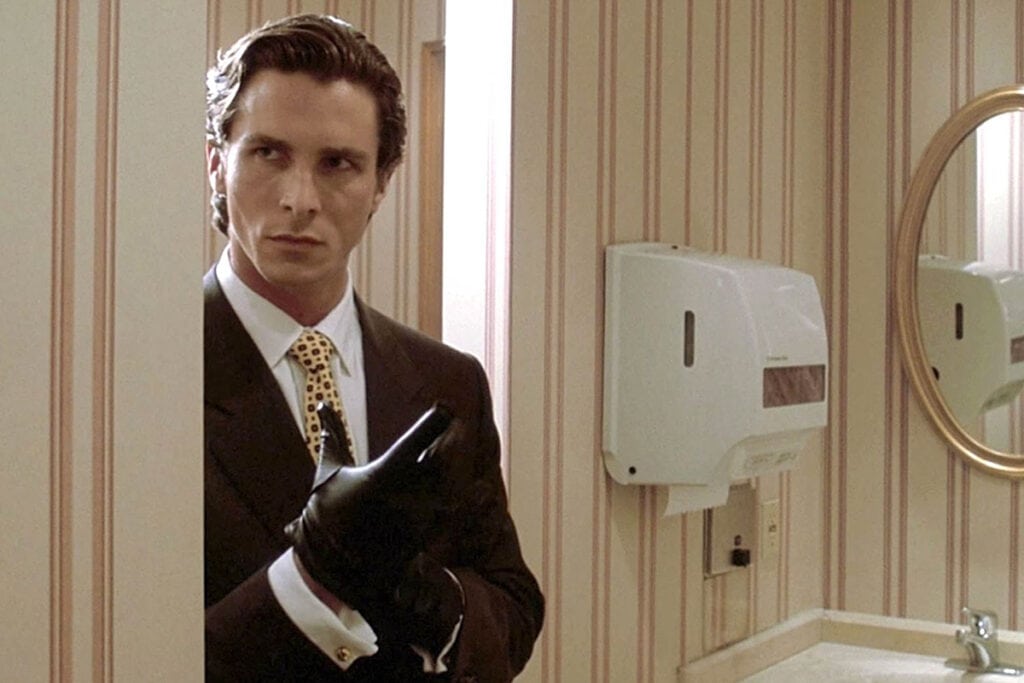
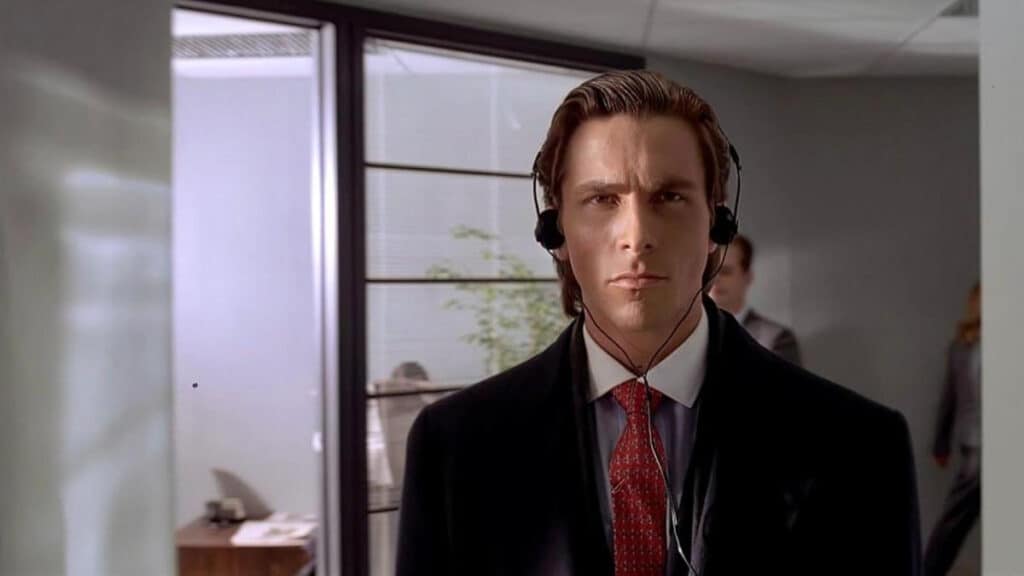
Some portrayals in cinema are so spot-on that it’s nearly impossible to imagine anyone else in the role. Enter Christian Bale in American Psycho, an unforgettable performance as Patrick Bateman—a lavish, self-absorbed Wall Street executive who leads a double life as a psychopathic killer, all while keeping an unsettling facade of normalcy in place. Bale masterfully captures Bateman’s conflict, oscillating between brutal humor and dark insanity, keeping audiences entranced by the character’s bizarre psyche.
Looking back now, it’s hard to believe that director Mary Harron had to fiercely advocate for Bale in this role, especially as we approach the film’s 25th anniversary in 2025. Even with major stars like Leonardo DiCaprio and Brad Pitt previously connected to the project, neither could match the perfect blend of twisted charm and humor that Bale brought to the screen in his first leading role since Empire of the Sun. As we reminisce about how Bale secured the role of a lifetime, it’s the story behind his casting that continues to captivate.
Despite the contentious themes of Bret Easton Ellis’s 1991 novel, Hollywood began efforts to turn American Psycho into a film as early as 1992. Actor Johnny Depp initially showed interest in the role of Bateman, leading producer Edward Pressman to acquire the adaptation rights. Ellis was astonished by Pressman’s commitment, even meeting with director Stuart Gordon. However, when Gordon was deemed unsuitable, Depp departed, and body-horror aficionado David Cronenberg came on board.

With Cronenberg directing, Ellis was tasked with crafting the screenplay. At one point, even Brad Pitt was poised to take on Bateman under Cronenberg’s vision. However, the director’s stipulations for a condensed script—eliminating violence and nightlife scenes—were met with incredulity by Ellis, prompting him to resist those changes.
Ellis subsequently penned a radically different version, culminating in an absurd ending where Bateman performs a musical number atop the World Trade Center—an outrageous prospect by any standard. Unsurprisingly, Cronenberg ultimately rejected this draft and hired Norman Snider for the next version, which he also dismissed.
In January 1996, Harron emerged as the new director, setting her sights on Bale, recommended by Todd Haynes as the best actor he had ever encountered.
Bale’s audition process was unique—before landing the role, Harron recruited Gwyn Turner, who plays Elizabeth, to assist in refining Ellis’s script to better reflect the scathing critique of 80s consumerism. Initially, Billy Crudup was cast as Bateman but left after a mere six weeks, disenchanted by the character’s dark themes.

Years later, Bale and Harron would point out that their mutual disinterest in Bateman’s past was a key factor in their vision. Many actors who auditioned focused extensively on Bateman’s traumatic childhood, but the duo found it irrelevant; for them, he represented a monstrous figure from beyond our realm.
Following Crudup’s departure, potential contenders like Ben Chaplin and Johnny Lee Miller were considered, but Harron remained steadfast in her desire for Bale. When the script landed in his hands—while Bale was occupied with Velvet Goldmine—he became infatuated with the character, ultimately rejecting other roles for months to fight for the part. Even when Lionsgate suggested DiCaprio, Harron stood her ground, refusing to meet DiCaprio out of fear he’d charm her into changing her decision.
Lionsgate, testing Harron’s resolve, reassigned the project when she insisted on Bale. This led to both Harron and Bale being fired and replaced by Oliver Stone and DiCaprio. Yet, with DiCaprio’s steep demand of $21 million—over half of the film’s entire budget—relations soured, and the actor opted for a different project, leaving Harron and Bale in the clear once again.
Keanu Reeves and Ewan McGregor were also in the mix for Bateman’s portrayal, with the latter even declining after Bale personally encouraged him to pass. After Stone dropped out too, Harron returned to helm American Psycho with a tighter budget, yet she wasted no time in reinstating Bale as her first pick.

To step into Bateman’s shoes, Bale embraced the book, immersing himself in its twisted intricacies daily during production. He isolated himself on set to fully capture Bateman’s dark psyche, even grappling initially with the American accent due to his recent role in Velvet Goldmine.
His commitment extended beyond mental preparation—Bale underwent a punishing fitness regimen to embody Bateman’s physicality. From adopting the character’s exact morning routine to meticulously shaping his body, Harron even dubbed him “Robo-Actor” when he anticipated his sweat-tacular moments during the filming of the infamous business card scene.
As Bale honed his physique, he captivated not just the audience but also the crew—many were seemingly unable to look away during scenes where Bateman showcased his morning rituals. He kept his American accent sharp throughout, even astonishing crew members with his authentic British voice at the film’s wrap party. Several memorable scenes were born from his improvisation, including Bateman’s eerie moonwalk after a chilling murder and his schoolgirl-like skip while exercising.
In a bid to impress Ellis, Bale even arranged a lunch meeting with the original author, arriving dressed to the nines and addressing Ellis as Patrick Bateman—a performance so unnerving that Ellis requested he drop the act within ten minutes, calling it one of his most unsettling experiences.
Bale’s portrayal drew inspiration from unexpected sources—Tom Cruise and Nicolas Cage. A chance viewing of a Tom Cruise interview revealed the actor’s unsettling charm and hidden emptiness, which Bale used to channel Bateman’s psyche. Ironically, in Ellis’s universe, Bateman even shares a building with Cruise, leading to a surreal encounter in the story.
Cage’s performance in Vampire’s Kiss, characterized by narcissism and an audacious delivery, further helped shape Bale’s interpretation of Bateman. This commitment wasn’t without its critics; numerous voices cautioned Bale against taking on such a morally repugnant role. Feminist icon Gloria Steinem cautioned against it as well, worrying it would alienate young female fans. Ironically, Steinem would later become Bale’s stepmother.
Rather than deterring him, these warnings fueled Bale’s determination to explore Bateman’s character. From the depths of Bateman to the heights of Batman, American Psycho became a career launching pad for Bale, propelling him into the upper echelons of Hollywood’s elite actors—a versatile lead poised to win an Oscar someday.
As whispers circulate about Luca Guadagnino’s potential reboot of American Psycho, with Austin Butler rumored to step into Bateman’s polished shoes, one can’t help but wonder: Can Butler possibly measure up to Bale’s iconic performance, or will he forever be shadowed by that brilliance?
As we commemorate the original American Psycho turning 25, it’s interesting to note that Bale was approached to reprise his role in Rules of Attraction, a sequel following Patrick’s brother, Sean Bateman, but he declined. Regardless, Bale’s mesmerizing portrayal of Patrick Bateman continues to resonate with fans and remains a landmark in cinematic history.
Source: Nova Play.com












